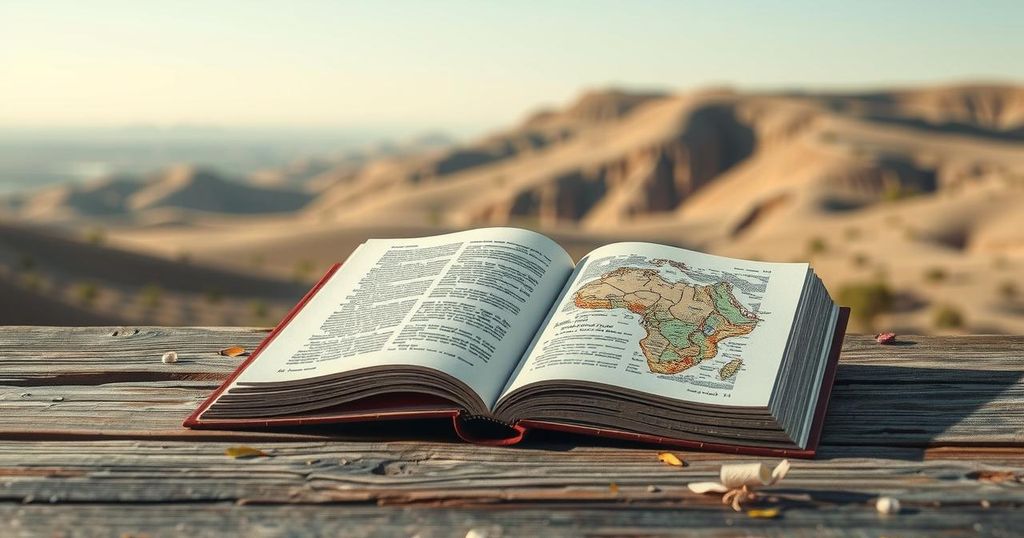Jonathan Wyrtzen’s “Worldmaking in the Long Great War” highlights the Middle East’s significant, yet often ignored, role in World War I. It explores local struggles, challenges colonial narratives, and shows that the region was active in its political fate. Key historical events, military successes, and the influence of religious movements are analyzed, emphasizing the complexity of the region during and beyond the war.
“Worldmaking in the Long Great War: How Local and Colonial Struggles Shaped the Modern Middle East” by Jonathan Wyrtzen reintegrates the Middle East into the narrative of World War I, a region often overlooked in conventional historical accounts. Wyrtzen spans from 1911 to 1934, exploring crucial developments, challenges the view that the region passively received European colonial designs, and documents the Rif Wars, Kurdish revolts, and the Great Syrian Revolt.
Wyrtzen argues that World War I created a chaotic environment where various futures for the Middle East were conceivable. He emphasizes that both indigenous resistance and military victories occurred during this period, countering the misconception that Western colonial forces were first effectively confronted only at Dien Bien Phu in 1954. The Senussi victory during the Gasr Bu Hadi battle (1915) exemplifies earlier success against colonial troops.
Religious movements were significant in anti-colonial struggles, such as the Sheikh Said Rebellion in Anatolia and the Senussi movement in Libya. The latter combined Sufi and Sunni practices to resist Italian forces. Wyrtzen provides a compelling analysis of French colonialism in Syria, while he also chronicles Ibn Saud’s consolidation of power in Saudi Arabia.
The book’s terminus could have extended to encompass broader regions like Somalia and Afghanistan, where significant post-war resistances, such as those under Muḥammad ibn ‘Abdallāh Hassan, had enduring implications. Wyrtzen’s work positions the Middle East at the heart of World War I historiography, aligning with works like Sean McMeekin’s “The Russian Origins of the First World War,” which discusses the geopolitical tensions within the Ottoman Empire.
Wyrtzen’s meticulous examination of neglected documents reveals critical junctures in history where different outcomes were possible. His argument refutes long-standing assumptions regarding local actors’ influence in shaping modern Middle Eastern borders and dynamics. This book is essential reading for anyone engaged in colonial studies, Middle East history, or explorations of historical contingencies.
The Middle East’s role in World War I has often been eclipsed by narratives centering on European experiences, leading to a lack of acknowledgment of its profound impacts. Recent historical literature strives to rectify this oversight, focusing on the region’s critical contributions during the war era. Wyrtzen’s analysis spans significant local and colonial struggles that shaped modern political landscapes, underscoring the complexity and agency inherent in the region’s historical narrative.
Wyrtzen’s “Worldmaking in the Long Great War” offers a nuanced perspective on the Middle East during World War I, suggesting that the region was not merely a passive theater but an actor with agency amidst colonial ambitions. His examination of various local uprisings and religious influences challenges prevalent historical assumptions, asserting the importance of indigenous struggles in shaping modern Middle Eastern politics. The book is an essential contribution to the ongoing reevaluation of the impact of World War I on the region.
Original Source: manaramagazine.org






